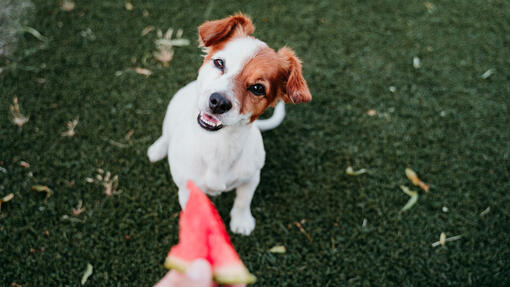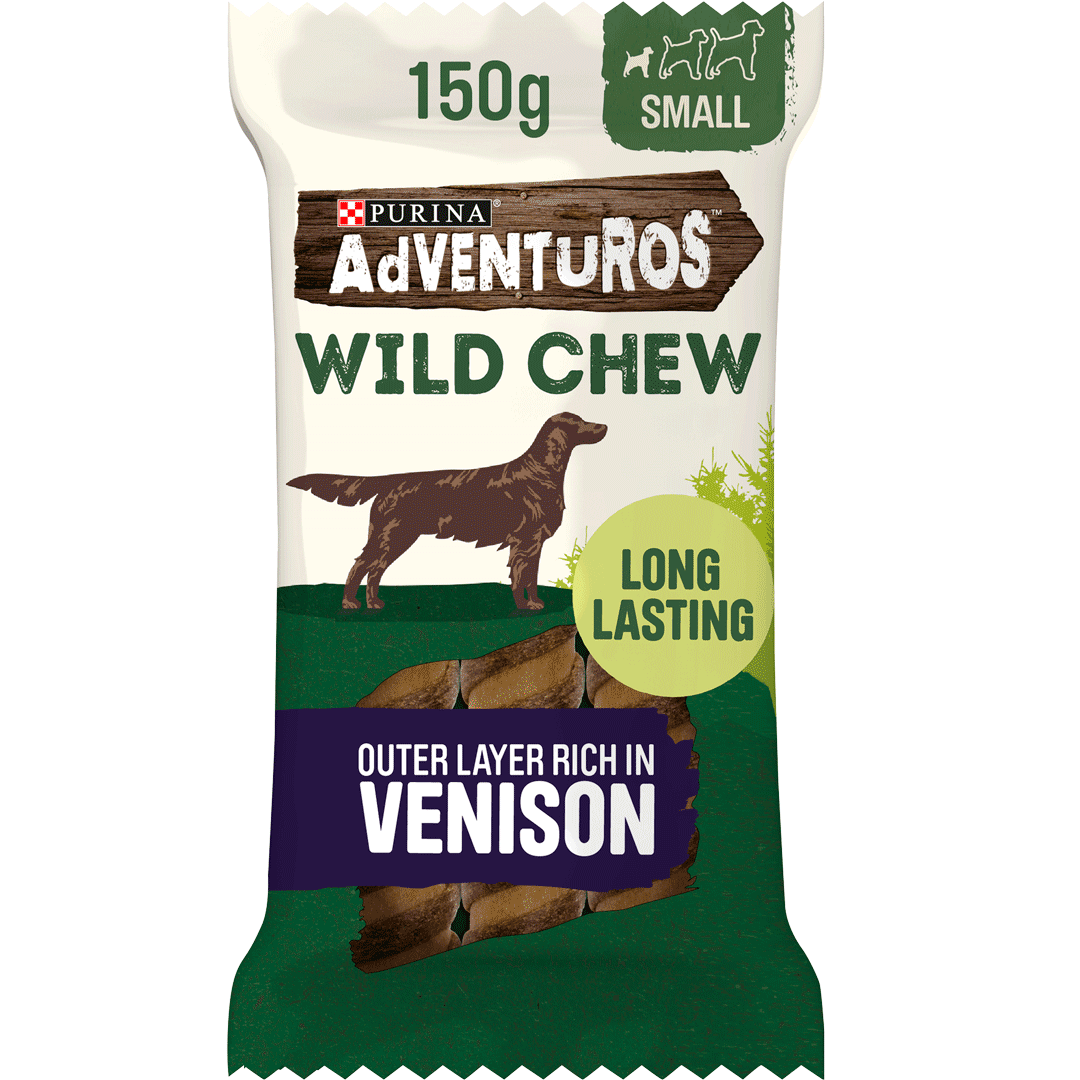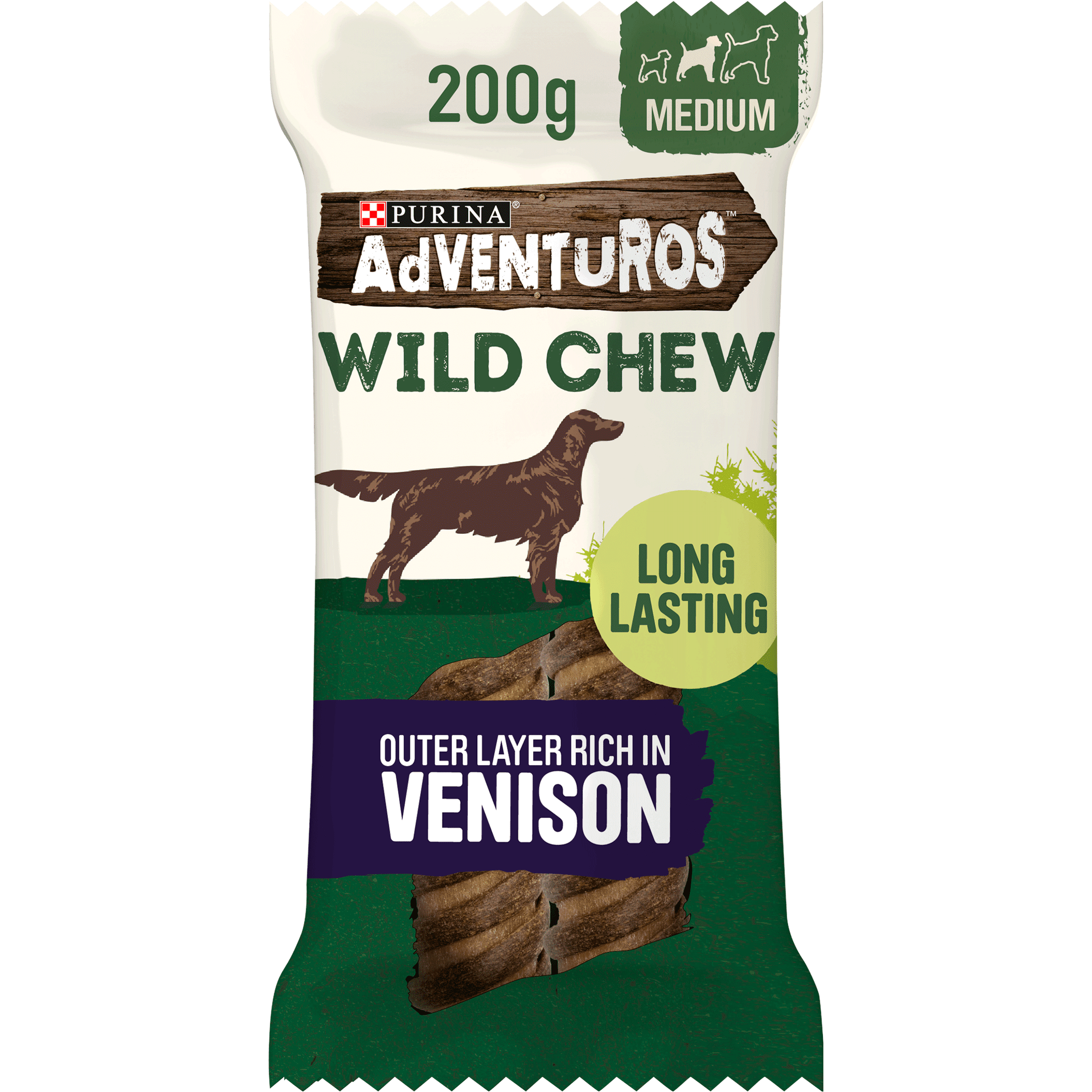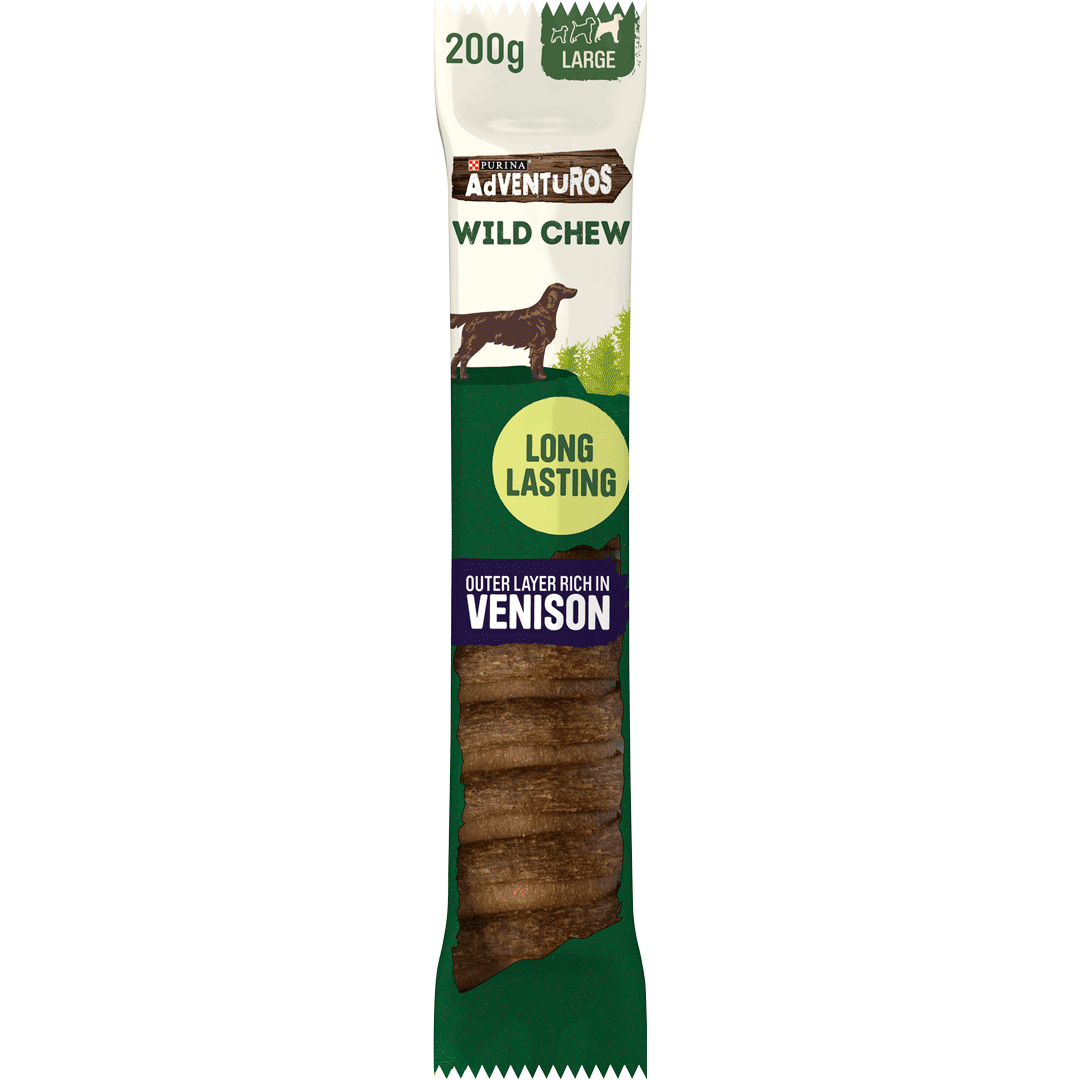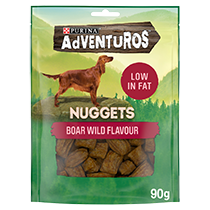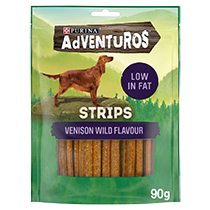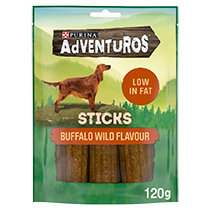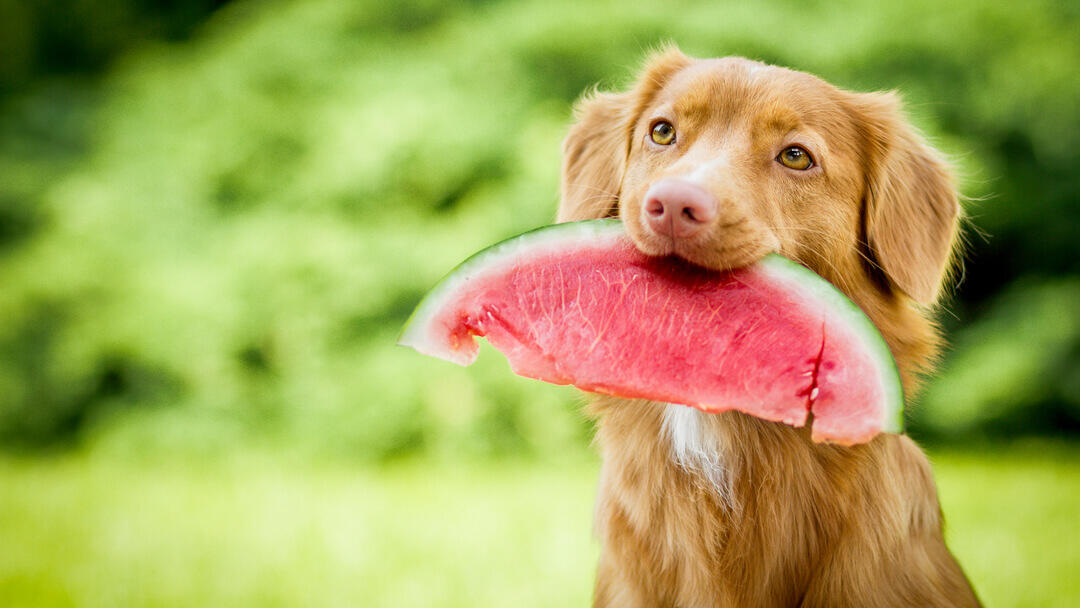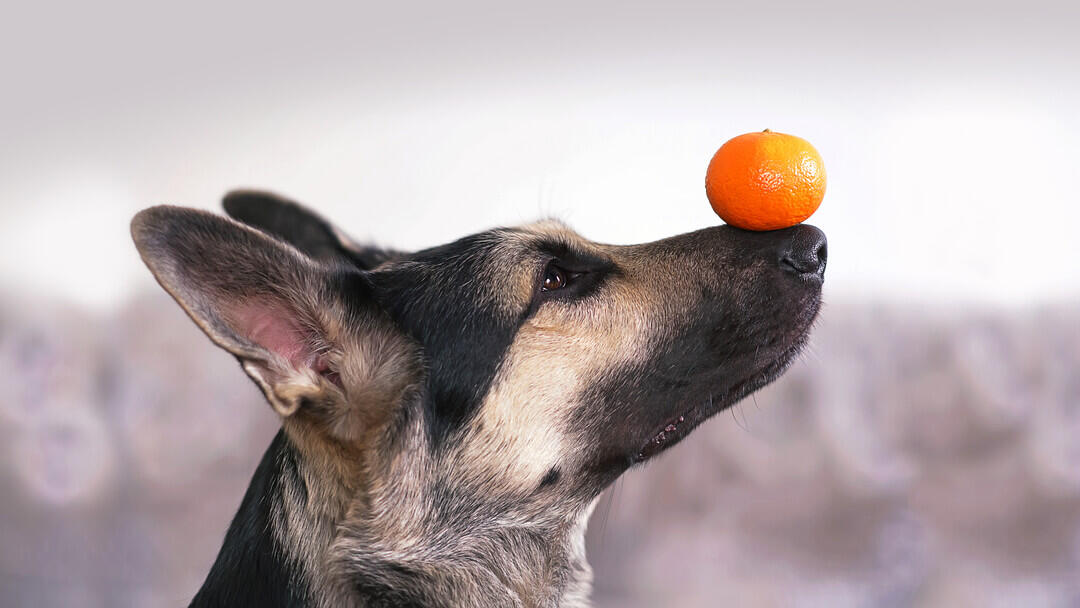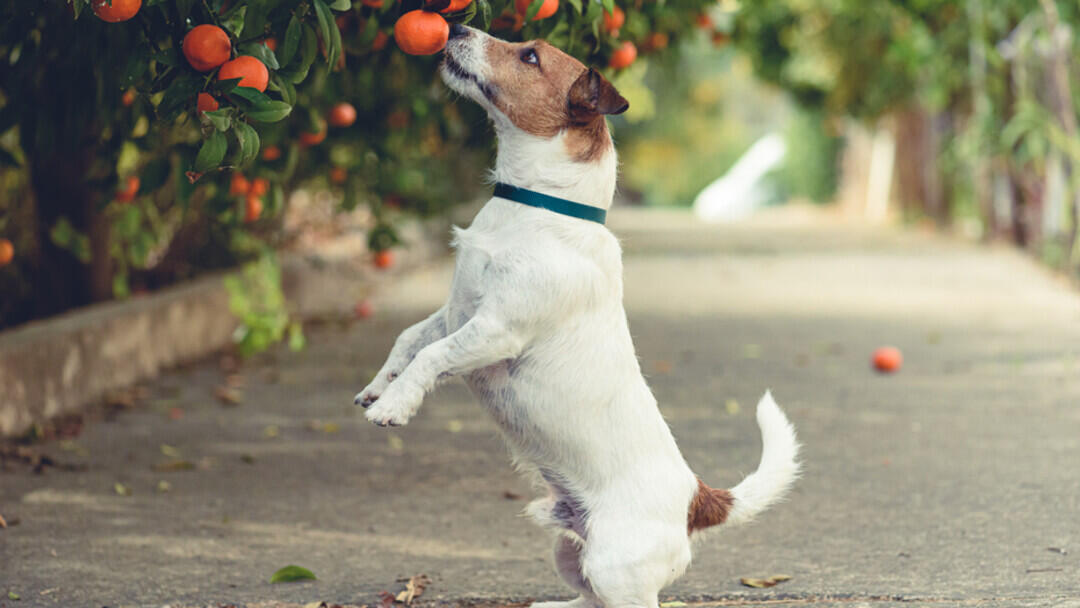
One of the most refreshing snacks of summer, a chunk of delicious juicy melon, can easily end up on your dog’s radar. What should an owner do?
Give in to those pleading eyes or keep the melon chunks away from the dog’s inquisitive whiskers? Keep reading to find out whether or not dogs can eat melon and how to offer it to them safely.
Can dogs eat melon or cantaloupe?
Yes, dogs can eat melon or cantaloupe but only in moderation. This fruit is not toxic to dogs, but it is high in sugar so owners should be mindful of how much they add to their dog’s menu. It is always a good idea to consult your vet before offering your dog any human foods, including melons. Dogs that are overweight or suffer from diabetes might need to skip this summer snack and choose specially-formulated treats instead.
Our helpful guide on fruits dogs can eat will open up many more choices of tasty fruit treats you can offer to your dog.
Can dogs eat watermelon?
Melon’s close relative, the watermelon, may become another big temptation for a dog determined to try whatever their owner is having. Yes, dogs can eat watermelon, but make sure you ask your vet before offering them a bite. Find out more about the precautions owners should take when offering dogs watermelons in our article.
Are melons good for dogs?
Now that you know dogs can eat melons, you might be wondering if this fruit is also beneficial for dogs?
Melons are packed with useful nutrients. They are a good source of fibre, vitamins A and C, as well as B vitamins. Plus, they’re about 90% water which means they can add some much-needed hydration, especially on warm summer days. However, dogs should be able to get all the necessary nutrients from their usual dog food, without needing to rely on human snacks such as melon. You can find out more about dog nutrition for a balanced diet in our article.
How to offer melon to your dog?
First, remove the melon’s seeds and rind to eliminate the choking risks associated with these parts of the fruit. Another reason to keep the melon rind away from your pup is because it’s not something the dog can easily digest. If swallowed, a chunk of melon skin could cause gastrointestinal upset, or even worse, a gut obstruction.
Once you have removed the seeds and rind, cut the fleshy part of the melon into small chunks your pup can easily eat. Keep a close eye on your dog’s reaction, especially if this is the first time your pet is trying melon. If there are any unusual signs, don’t hesitate to contact the vet for advice.
In conclusion, dogs can eat melon, but make sure you run this by your vet before letting your dog take a bite. And remember to remove the seeds and rind as well!
Looking for more daily feeding advice for your pup? Read our guides to find out if dogs can eat raspberries and whether mangoes are good for dogs too.




